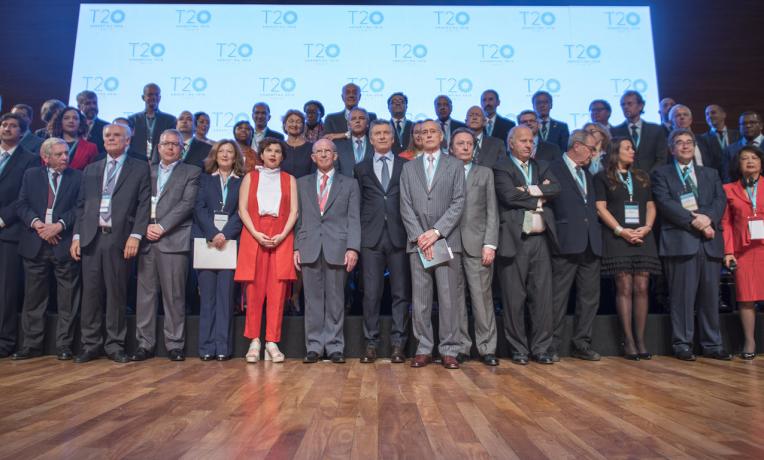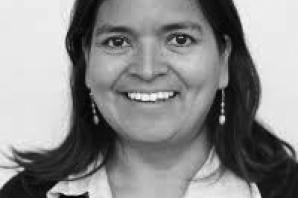When research enters the big league
On 30 November and 1st December, the G20 2018 Summit will take place in Buenos Aires, Argentina. The leaders and Ministers of finances of the World's major economies, including the European Union, will address the pressing concerns and challenges related to the global economy and finances. In this high decision-making forum, Prof. Irma Mosquera Valderrama has managed to make a place for her independent expertise, raising the voices of developing countries.

The so-called 'Base erosion and profit shifting standards' (BEPS) were set in 2015 by the Organisation for Economic Co-operation and Development (OECD) and the G20, in the context of the financial world crisis. These standards shape today the international tax architecture and while we speak, more than 100 countries across the globe work on the implementation of its 15 actions. BEPS tackle the gaps and mismatches of tax regulations in different parts of the world, aiming to prevent multinationals from tax avoidance. "When multinationals use artificial strategies to shift profits from high tax jurisdictions to lower ones, or when they conclude preferential tax agreements with some administrations, they erode the whole global tax base architecture. The BEPS actions were developed to ensure that profits are taxed where the economic activities generating the profits are performed and where value is created", explains Irma Mosquera, an international tax law and comparative tax law expert based at Leiden University in the Netherlands.
One-size-does-not- fit- all
Out of the 15 BEPS actions, four are considered to be the 'minimum standards'. In her research project (GLOBTAXGOV), Mosquera questions the benefits and appropriateness of these measures for developing countries: "The standards were designed by OECD and G20 countries as a model that would fit all. Developing countries could not take part in the decision-making process and their priorities remain elsewhere. For some, the problem lies in the lack of material and human resources for a proper implementation of the rules. For others, it is the mismatch between these international standards and their own administrative tax culture".
Carrying her research in Africa, Asia, Europe, and Latin America, Irma Mosquera studies the implementation of the BEPS minimum standards in 12 different countries. She uses comparative law theories and political sciences to address the feasibility and legitimacy of a global tax governance, taking into account the differences in tax systems and tax cultures in both developed and developing countries. She also looks at the impact of the EU's Anti-Tax Avoidance Directive and EU legislation on State Aids in these emerging economies.
Bringing research evidence to the debate
In addition, Irma Mosquera has managed to earn a first-row seat where the international debate is taking place. As one of the nine experts that provide evidence-based policy recommendations to the G20 through the T20 Task force on trade, investment and tax cooperation, she observes the decision-making process from the inside: "My first research goal was to be where the discussion is taking place and to observe the dynamics at the level of the OECD, the G20, and the EU. Through the T20 task force on tax competition, I have had the opportunity to bring my empirical, bottom-up knowledge on the implementation of BEPS across countries. By understanding the differences and commonalties in this process, I aim to promote best practices, encourage the dialogue between all actors involved and contribute to a new model of global tax governance".
Irma Mosquera Valderrama has received funding from the European Union through the European Research Council (ERC) for a 5-year research project: "A new model of global governance in international tax law making (GLOBALTAXGOV)"
Find out more:
https://globtaxgov.weblog.leidenuniv.nl/author/irma/
https://twitter.com/irmamosquerav?lang=en


